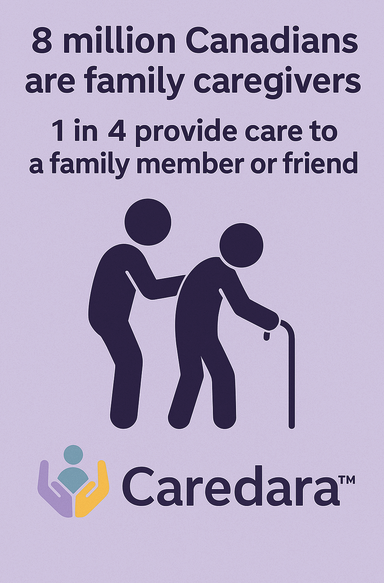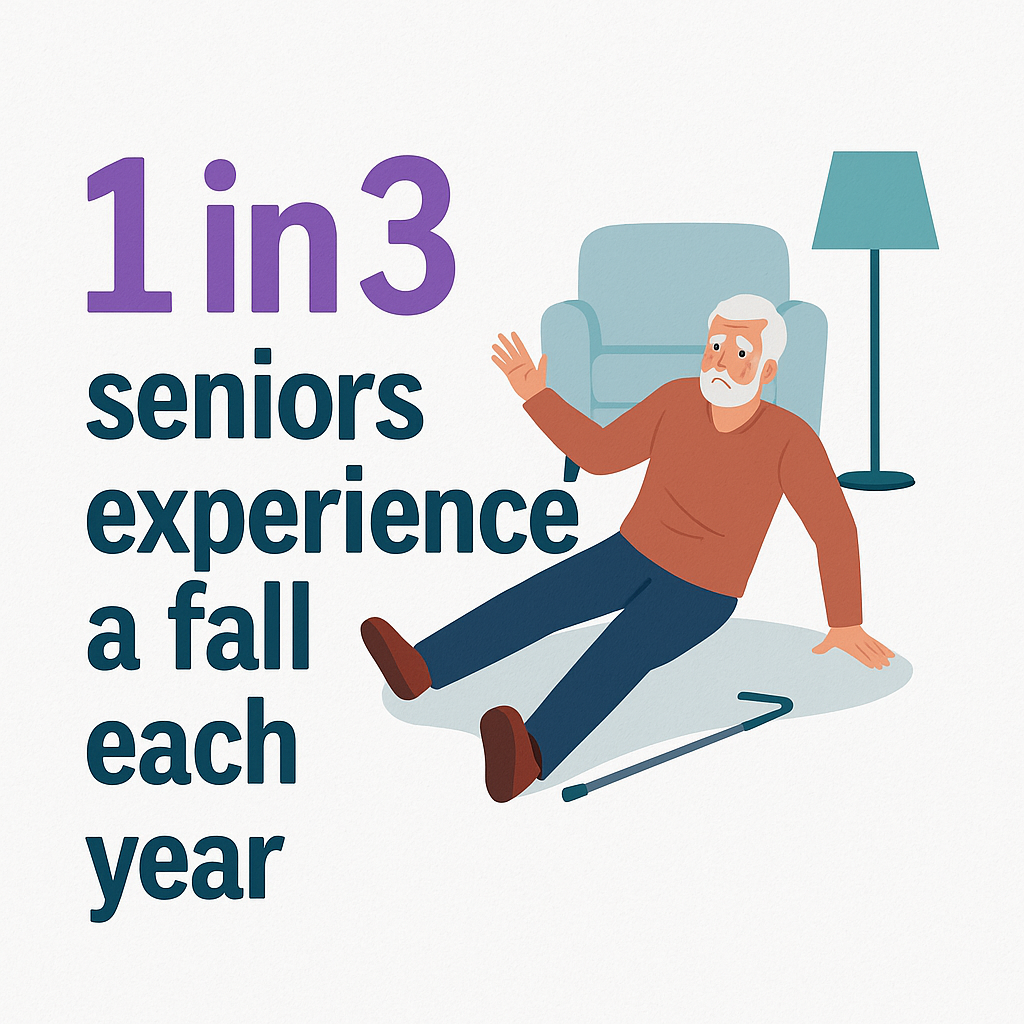
Behind every senior receiving care at home, there’s often a family member quietly holding everything together. These family caregivers—spouses, children, grandchildren, and even close friends—provide millions of hours of unpaid support every year. Their contributions are invaluable, yet their struggles are often overlooked.
The Scale of Family Caregiving
-
- In Canada, more than 8 million people (1 in 4) are caregivers to a family member or friend with a health condition, disability, or age-related need.
- Collectively, family caregivers provide over 5 billion hours of unpaid care annually—a contribution worth billions of dollars if measured in economic terms.
- Nearly 45% of caregivers report stress, anxiety, or burnout from the responsibility.
The Challenges They Face
Family caregivers often juggle multiple roles:
-
- Emotional strain: Watching a loved one decline can be heartbreaking.
- Time pressures: Many caregivers balance jobs, children, and caregiving at once.
- Financial impact: Caregiving can mean reduced work hours, career changes, or lost income.
- Lack of support: Caregivers often feel isolated, with limited resources to lean on.
Why Family Caregivers Matter
Family caregivers are not just “helping out”—they are critical partners in the healthcare system. They:
-
- Provide daily support with meals, bathing, mobility, and companionship.
- Notice subtle changes in health that may prevent crises.
- Offer the emotional connection that no professional system can replace.
Supporting the Supporters
To build a sustainable home care system, we must also care for the caregivers:
-
- Respite care: Short-term relief options to give families a break.
- Training resources: Practical education on safe caregiving techniques.
- Financial support: Tax credits or stipends to offset lost wages.
- Recognition: Public acknowledgement that caregiving is skilled, essential work.
Looking Forward
Family caregivers are the invisible backbone of home care in Canada. By recognizing their role and providing the right supports, we can ensure that seniors continue to receive compassionate, consistent care—and that caregivers themselves remain healthy, supported, and valued.
Because when we care for the caregivers, we strengthen care for everyone.

